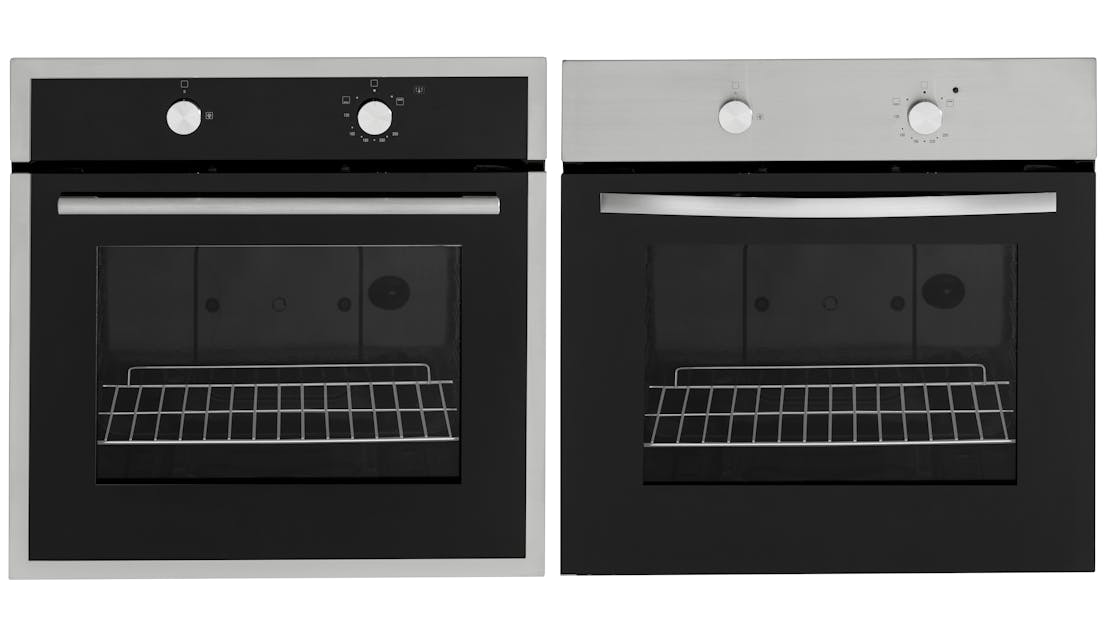 Gas Oven Buying Guides
Gas Oven Buying GuidesIn this comprehensive guide, we'll delve into the history and evolution of gas ovens, explore their advantages and disadvantages, and provide you with everything you need to know about selecting, installing, and maintaining these kitchen appliances.
Gas ovens are favoured by many UK cooks and bakers for several compelling reasons. One significant advantage is their precise temperature control, enabling users to set and maintain the desired cooking temperature accurately. This precision proves particularly valuable for recipes that demand specific temperature settings.
Furthermore, gas ovens are known for their even heat distribution, typically ensuring consistent heat throughout the oven cavity. This minimises the occurrence of hot spots and guarantees uniform cooking, a critical factor for successful baking and roasting.
Gas ovens are also appreciated for their quick heating capabilities. They tend to preheat faster than electric ovens, which is a time-saving feature treasured by busy home cooks who value kitchen efficiency.
Moreover, gas ovens create a moist cooking environment, highly suitable for recipes that require moisture retention in dishes. This characteristic is particularly advantageous for baking and roasting, helping to preserve the moisture and tenderness of dishes.
Many gas ovens offer a broiling capability, allowing users to swiftly brown and crisp the tops of dishes such as casseroles and gratins, enhancing the texture and appearance of culinary creations.
In addition, gas ovens are often regarded as energy-efficient and cost-effective in many regions of the UK, making them an attractive choice for those looking to reduce energy consumption and utility expenses.
Gas ovens are known for their reliability and longevity when properly maintained, serving as dependable cooking appliances for many years. They are versatile and suitable for a variety of cooking tasks, including baking bread with crispy crusts and roasting meats and vegetables.
Furthermore, in the event of a power outage, gas ovens can still be utilised for cooking since they do not depend on electricity for heating. This feature can be a practical backup cooking solution during unforeseen circumstances.
However, while gas ovens offer these advantages, the choice between gas and electric ovens ultimately depends on individual preferences and specific cooking requirements. Some cooks may prefer electric ovens for specific baking tasks, so the decision should align with your culinary style and needs.
